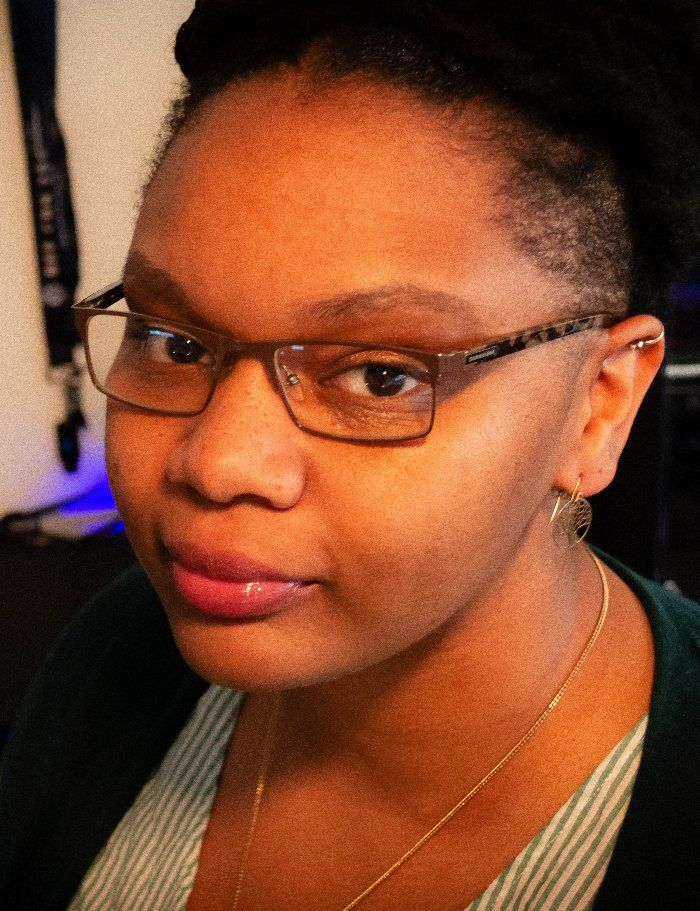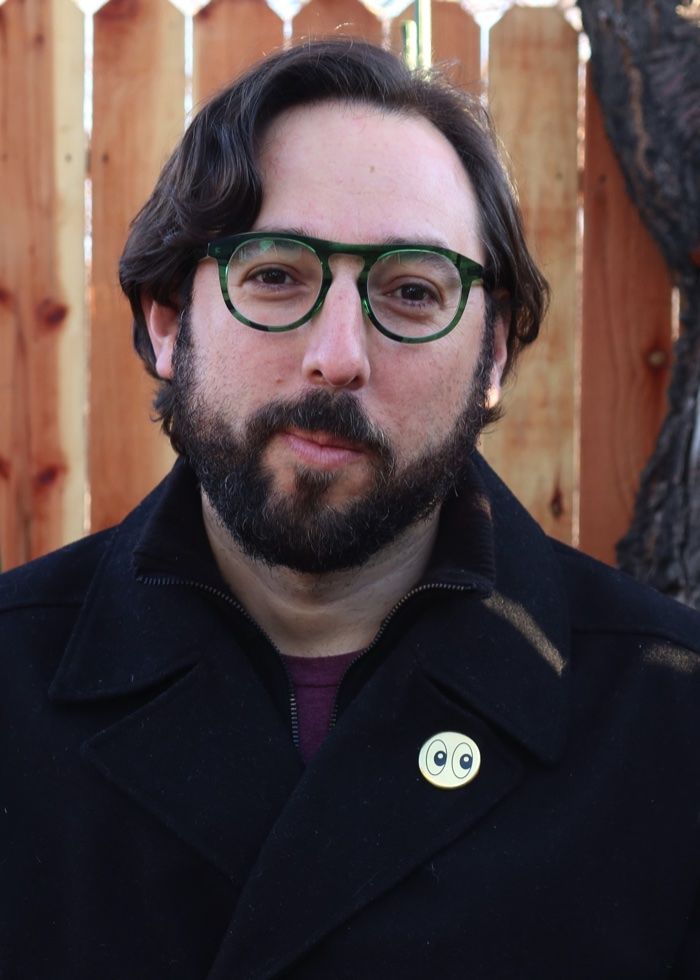Speakers:
- Alexis Hancock (Director of Engineering, Electronic Frontier Foundation)
- Dave Maass (Director of Investigations, Electronic Frontier Foundation)

While slavery in the Americas was among the most shameful and horrific periods in history, Africans and their descendants developed innovative and effective means of resisting through ciphers, signals, and even dance. These can be seen as antecedents for modern technological methods of Black resistance, from the phone networks and codes used during the American civil rights era to encrypted messaging and cell phone videos used by the Black Lives Matter movement. In the first part of this presentation, technologist and EFF Director of Engineering Alexis Hancock will discuss the forms of "coded resistance" used by Black communities to fight oppression.
In the second part of this talk, EFF Director of Investigations Dave Maass will discuss the current state of affairs with government surveillance in the United States, and how it disproportionately impacts communities of color. This takes many forms, from faulty facial recognition algorithms that misidentify innocent Black people as suspects to predictive algorithms that target Black communities and immigrant populations to spying on anti-racist and indigenous political movements.
Register required for meeting access:
https://temple.zoom.us/meeting/register/tJUkf-Ggrz8iG9WacIOaW4pVlLSqkpPenBzR
After registering, you will receive a confirmation email containing information about joining the meeting.
Thursday, September 29, 2022 13:40
This event is organized by the Institute of Contemporary Asian Studies (ICAS).
Note: All ICAS events are held in English, open to the public, and admission is free unless otherwise noted.

Alexis Hancock is Director of Engineering at EFF and works to encrypt the web by managing the Certbot and HTTPS Everywhere projects. She researches an intersection of issues on digital rights, encryption, and consumer technology. Deeply passionate about tech equity for all, she has been aiding activists and educators with their tech needs for over a decade. She has spoken about user privacy, digital identity, cloud security, open technology standards, and government & corporate surveillance. She has worked in web development and application security for 10 years and has earned degrees from the Rochester Institute of Technology in Media Arts and Technology (BS) and The New School in Organizational Change Management (MS).

Dave Maass is Director of Investigations at the Electronic Frontier Foundation and a scholar in residents at the University of Nevada, Reno Reynolds School of Journalism. He specializes in police surveillance, freedom of information, and technology at the U.S.-Mexico border. Prior to joining EFF in 2013, he was a journalist for more than a decade. He was an undergraduate at Temple University Japan in 1999-2000 and received an M.A. in Social Anthropology from the University of Manchester in 2004.
The Electronic Frontier Foundation is the leading nonprofit organization defending civil liberties in the digital world. Founded in 1990, EFF champions user privacy, free expression, and innovation through impact litigation, policy analysis, grassroots activism, and technology development. EFF's mission is to ensure that technology supports freedom, justice, and innovation for all people of the world.
Even in the fledgling days of the Internet, EFF understood that protecting access to technology was central to advancing freedom for all. In the years that followed, EFF used their fiercely independent voice to clear the way for open source software, encryption, security research, file sharing tools, and a world of emerging technologies. Today, EFF uses the unique expertise of leading technologists, activists, and attorneys in our efforts to defend free speech online, fight illegal surveillance, advocate for users and innovators, and support freedom-enhancing technologies.
Together, the EFF forged a vast network of concerned members and partner organizations spanning the globe. EFF advises policymakers and educates the press and the public through comprehensive analysis, educational guides, activist workshops, and more. EFF empowers hundreds of thousands of individuals through their Action CenterNew Tab and has become a leading voice in online rights debates.